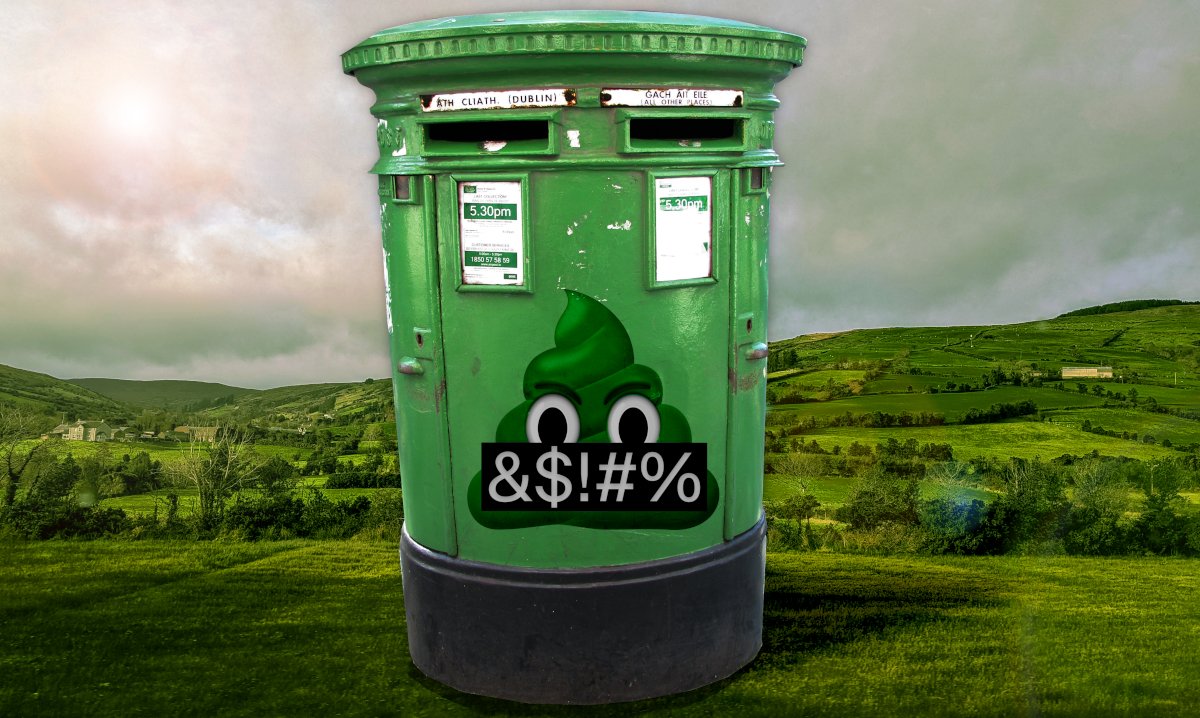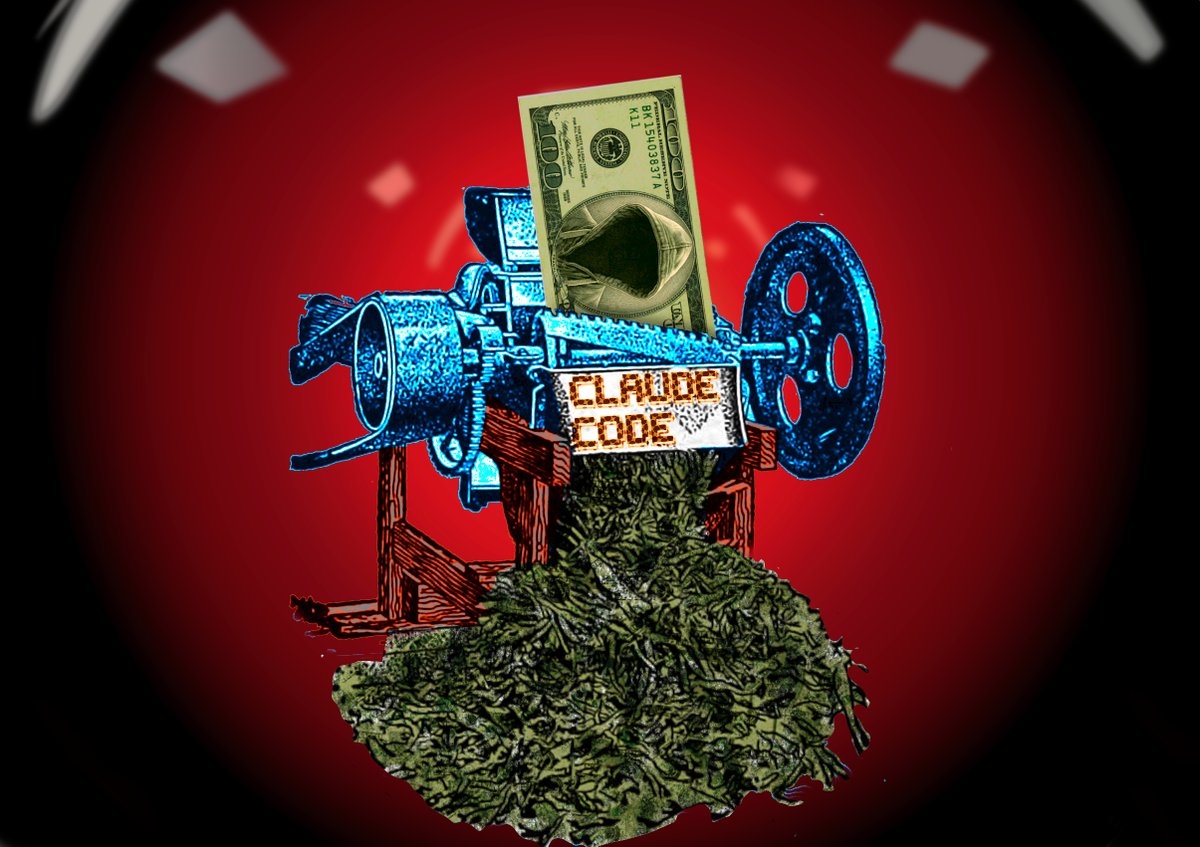The surest recipe for despair is to fall prey to the fallacy of #CapitalistRealism: the idea that "it is easier to imagine an end to the world than an end to capitalism."
1/
1/
When the world is on fire, sickened, flooding, and on the brink of out-of-control violence and you literally can't imagine any of that changing, it feels like you should just give up.
2/
2/
This is the point of capitalist realism: to make us believe, as Margaret Thatcher liked to say, that "there is no alternative." It's not just a counsel of despair - it's also a statement in opposition to science fiction's core tenet, that alternatives can always be imagined.
3/
3/
Back in 2019, @NaomiAKlein, @mollycrabapple and @AOC collaborated on a stellar short video set in the years AFTER a successful #GND transition: "A Message From the Future," narrating back to how we got to a place where we no longer feared the future.
memex.craphound.com/2019/04/17/a-m…
4/
memex.craphound.com/2019/04/17/a-m…
4/
Today, Klein has dropped part two in the series: The Years of Repair, once again featuring Crabapple's stop-motion watercolor animations, cocreated with #BLM cofounder @opalayo and @avilewis.
theintercept.com/2020/10/01/nao…
5/
theintercept.com/2020/10/01/nao…
5/
Years of Repair gets closer to our own timeline, describing the transition from our current capitalist crises of disease, incarceration and climate emergencies to a more just world, one devoted to healing and building rather than looting and extracting.
6/
6/
It's hard to overstate what a tonic this is: breaking free of Capitalist Realism and letting your imagination visit a place where, as a species, we recover the best of our practices, the mutual aid and stewardship that built the world in spite of greed and oppression.
7/
7/
Since Dec 4, I've been writing my own post-GND novel, "The Lost Cause," about truth and reconciliation with white nationalist militias funded by offshore plutes, and visiting that world every day has kept me sane through the plague months.
twitter.com/search?q=from%…
8/
twitter.com/search?q=from%…
8/
The idea that we might someday have a generation - the first in more than a century! - that does not fear the future is dizzying to contemplate.
You can read the prologue here, btw:
patreon.com/posts/new-deca…
9/
You can read the prologue here, btw:
patreon.com/posts/new-deca…
9/
For years, Kim Stanley Robinson has written a series of audacious novels about a post-climate-emergency humanity, starting with 2012's "2312," set 300 years in the future. Since then, he's come closer and closer to the present day.
memex.craphound.com/2012/10/30/kim…
10/
memex.craphound.com/2012/10/30/kim…
10/
Novels like Aurora:
memex.craphound.com/2015/11/02/kim…
and New York 2140:
memex.craphound.com/wp-admin/admin…
act as a kind of future-history rangefinding.
11/
memex.craphound.com/2015/11/02/kim…
and New York 2140:
memex.craphound.com/wp-admin/admin…
act as a kind of future-history rangefinding.
11/
Robinson is landing an ever-closer series of volleys that start in the the unknowably distant future, then walk back to the present day, reverse-engineering a path from Capitalist Realism to a utopian leap.
12/
12/
Klein's Messages from the Future are taking a similar path, and the closer they get to our dark moment, the realer (and hence, brighter) the future they paint becomes.
#TheFirstDaysOfABetterNation
eof/
#TheFirstDaysOfABetterNation
eof/
• • •
Missing some Tweet in this thread? You can try to
force a refresh










